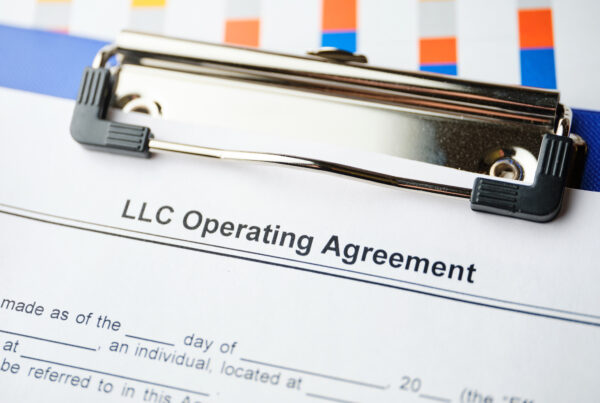Owning a small business is more than creating something or providing a service. The business side of owning the company cannot go overlooked. Learning how to mitigate risk in business is almost as crucial as your offerings. There are many types of risk mitigation. Read on to learn how to manage risk in business.
Types of Risk Mitigation
If you’re looking for a risk management plan, consider the ups and downs of adding insurance throughout every step. The upfront cost today may save you years down the road.
Insurance is handy because small business budgets often cannot survive catastrophic outcomes. Therefore, most companies will have you complete a small business risk assessment. During this process, you will review profitability, market share and customer base, company property, employee endangerment, legal issues, interruption to regular operations, or the potential for a shutdown.
Small business risk management starts with understanding the overall picture. For example, if your industry is volatile and highly regulated, like the cannabis industry, or if you rely on industrial processes that might contaminate cities, insurance can help soften any business blow.
Small Business Insurance
Part of owning a business is mitigating business risk for the unforeseeable. For example, some states require workers’ compensation or personal liability insurance, while others suggest it. Small business risk management considers all phases and stages of the business.
Below are the types of insurance and what they cover.
Practices Liability Insurance:
- Covers employment contract breaches, negligent yearly evaluations, wrongful discipline or termination, deprivation of promotion and advancement, and any associated emotional distress.
- It does not cover intentional malicious acts (assault or criminal conduct), claims for bodily injury, or privacy violations.
Key Man and Person Insurance:
- It covers the most valuable employee(s), like a life insurance policy. This can include a rider for disability coverage to protect them in the event of a severe accident.
- It does not cover employees not listed on the insurance paperwork, so it must be updated as the employment environment changes.
Accounts Receivable Insurance:
- It covers your business against any losses caused by a customer not paying for various reasons.
- It does not cover principal loan amounts, but vital loan interest is protected.
Business Interruption Insurance:
- It covers lost net income if the business is closed during repairs and may cover rent or lease payments, relocation costs, employee wages, taxes, and loan payments.
- It does not cover business interruptions related to flood or earthquake damage (you need additional insurance for this), undocumented income, utilities, infectious diseases that lead to the closure of your business, and any broken items resulting from a covered event or loss.
Directors and officer’s insurance:
- It Covers the cost of claims made against your business’s directors and key officers for alleged wrongful acts.
- It Does not cover losses related to criminal or deliberately fraudulent activities. Also, if the insured individual receives illegal profits or remuneration to which they were not legally entitled, they will not be covered if a lawsuit is brought.
Could you survive if your business was closed through an event or had executives participate in questionable practices? Those learning to mitigate risk in business know that one size does not fit all. Risk management for small businesses begins with the first employee and grows with each additional employee, business offering, or physical location.
Lastly, consider trusts and wills as the last component in risk management for small businesses. Although this isn’t a formal insurance option, it’s emotional insurance. Consider this a personal investment, too. If you have partners or stakeholders and a family, everyone needs to understand what happens in the case of a succession or incident. Be sure to name the recipients by name rather than just by relationship.
Sign up for my complimentary weekly blog articles about important business issues here.
Coach Dave
- Best Practices We Have Learned About Managing Remote Teams - July 3, 2025
- How and When to Use AI for Idea Creation - June 26, 2025
- What Does a Copyright Protect?A Small Business Guide to Copyrighting Your Business - June 19, 2025



